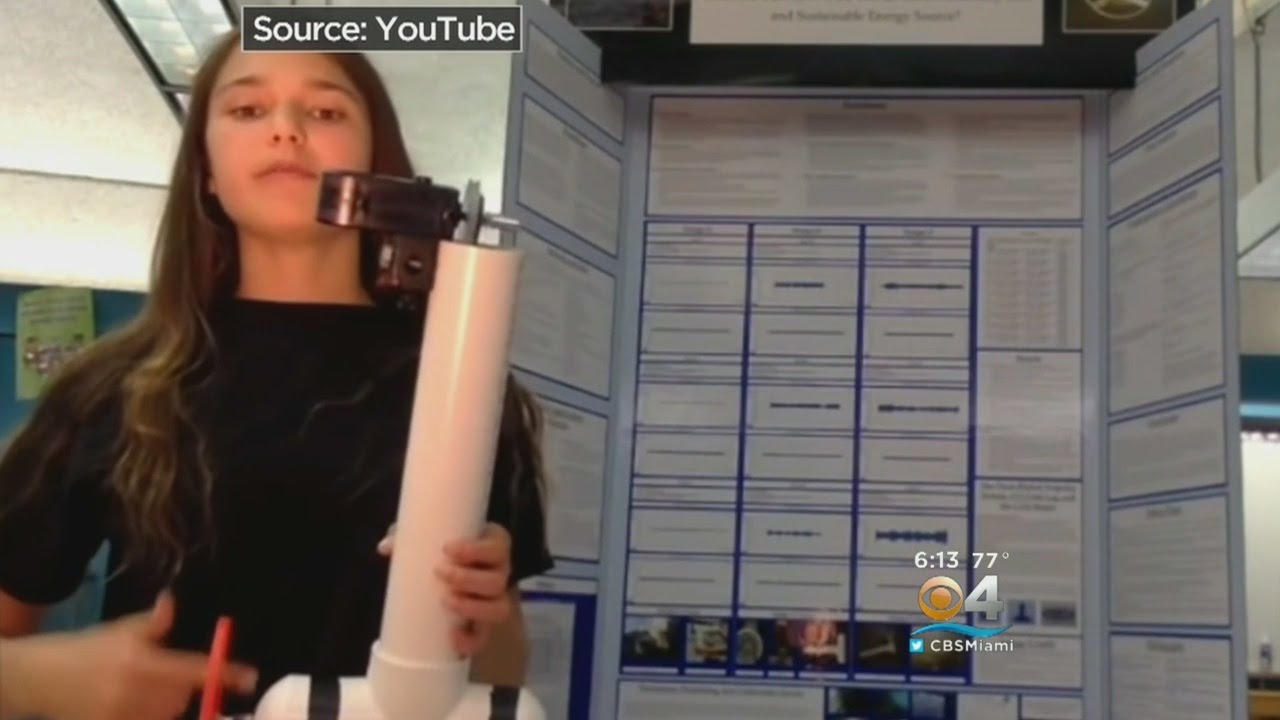
Welcome to the Ultimate Guide to Organizing a Science Fair Centered on Renewable Energy
In today’s world, the importance of renewable energy cannot be overstated. As we strive towards a more sustainable future, educating the next generation about the benefits and possibilities of renewable energy sources is crucial. Organizing a Science Fair Focused on Renewable Energy can be a fantastic way to engage students, inspire creativity, and foster a passion for environmental conservation.
The Significance of Renewable Energy in Science Education
Renewable energy sources such as solar, wind, hydro, and geothermal power play a vital role in reducing our reliance on fossil fuels and mitigating climate change. By Organizing a Science Fair Centered on Renewable Energy, educators can empower students to explore these innovative technologies and understand their impact on the planet.
Benefits of Hosting a Science Fair Focused on Renewable Energy
There are numerous benefits to hosting a science fair that focuses on renewable energy. Firstly, it provides students with a hands-on opportunity to learn about sustainable energy solutions. Secondly, it encourages critical thinking and problem-solving skills as students tackle real-world challenges related to renewable energy. Lastly, it fosters a sense of environmental stewardship and instills a desire to make a positive impact on the world.
Key Steps in Organizing a Science Fair Centered on Renewable Energy
1. Theme Selection
The first step in Organizing a Science Fair Focused on Renewable Energy is to select a theme that will guide the projects and presentations. Consider topics such as solar power innovations, wind turbine design, bioenergy solutions, or sustainable transportation.
2. Student Participation
Encourage students of all ages and backgrounds to participate in the science fair. Providing opportunities for hands-on experimentation and project-based learning will spark interest and engagement in renewable energy concepts.
3. Mentorship and Support
Pair students with mentors who have expertise in renewable energy or related fields. These mentors can provide guidance, feedback, and encouragement throughout the project development process.
4. Project Development
Allocate time for students to research, plan, and execute their projects. Emphasize the importance of creativity, innovation, and scientific rigor in their work.
5. Presentation Day
On the day of the science fair, create a welcoming and engaging environment for students to showcase their projects. Encourage participants to explain their work clearly and confidently to judges and visitors.
Resources for Organizing a Successful Science Fair Focused on Renewable Energy
There are a variety of resources available to support educators in Organizing a Science Fair Centered on Renewable Energy. Online platforms, educational websites, and community organizations can provide project ideas, lesson plans, and logistical support for hosting a successful event.
Conclusion
Organizing a science fair centered on renewable energy is a powerful way to inspire the next generation of innovators and environmental leaders. By providing students with the opportunity to explore sustainable energy solutions, develop critical thinking skills, and engage with real-world challenges, educators can help shape a brighter and more sustainable future for all.

